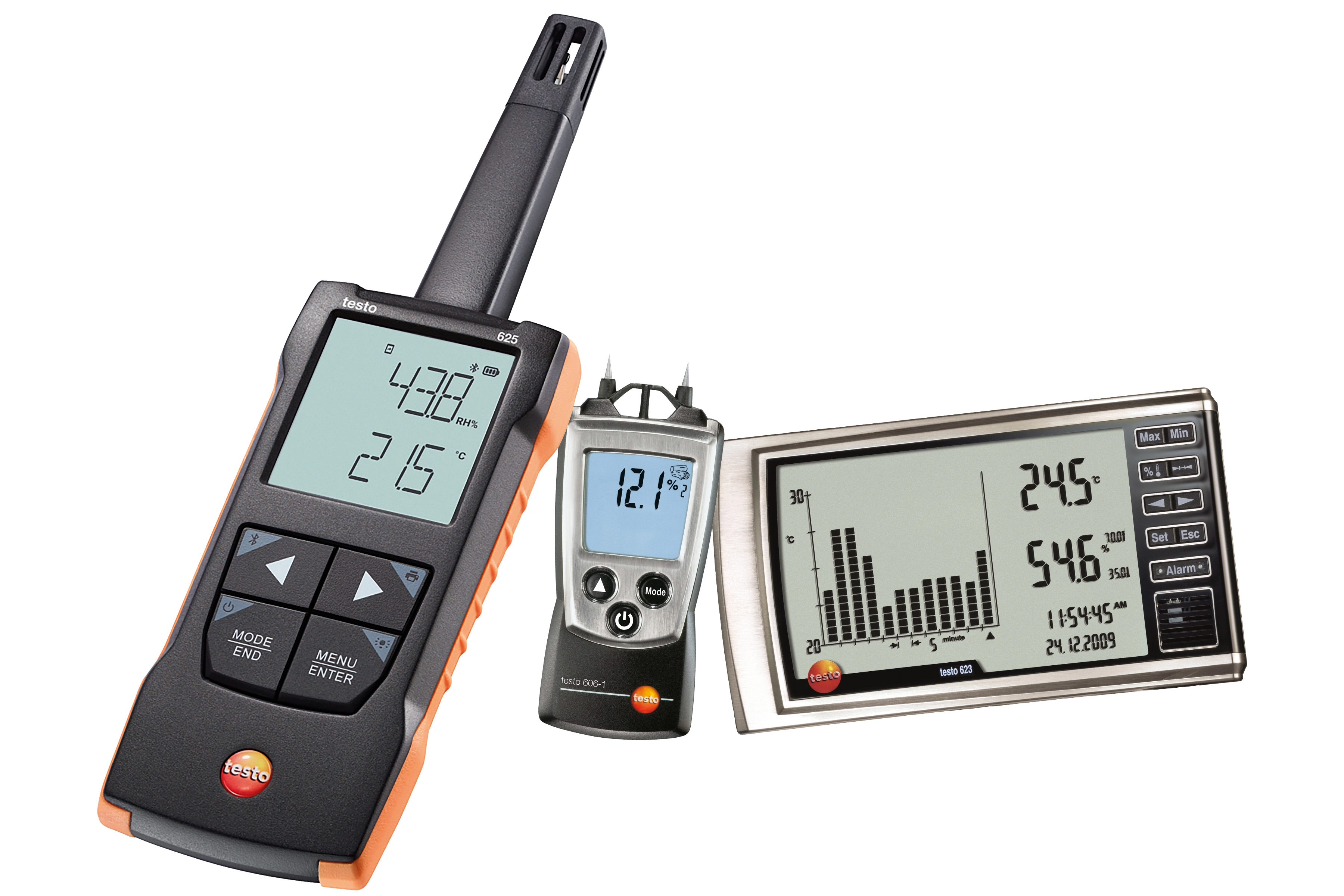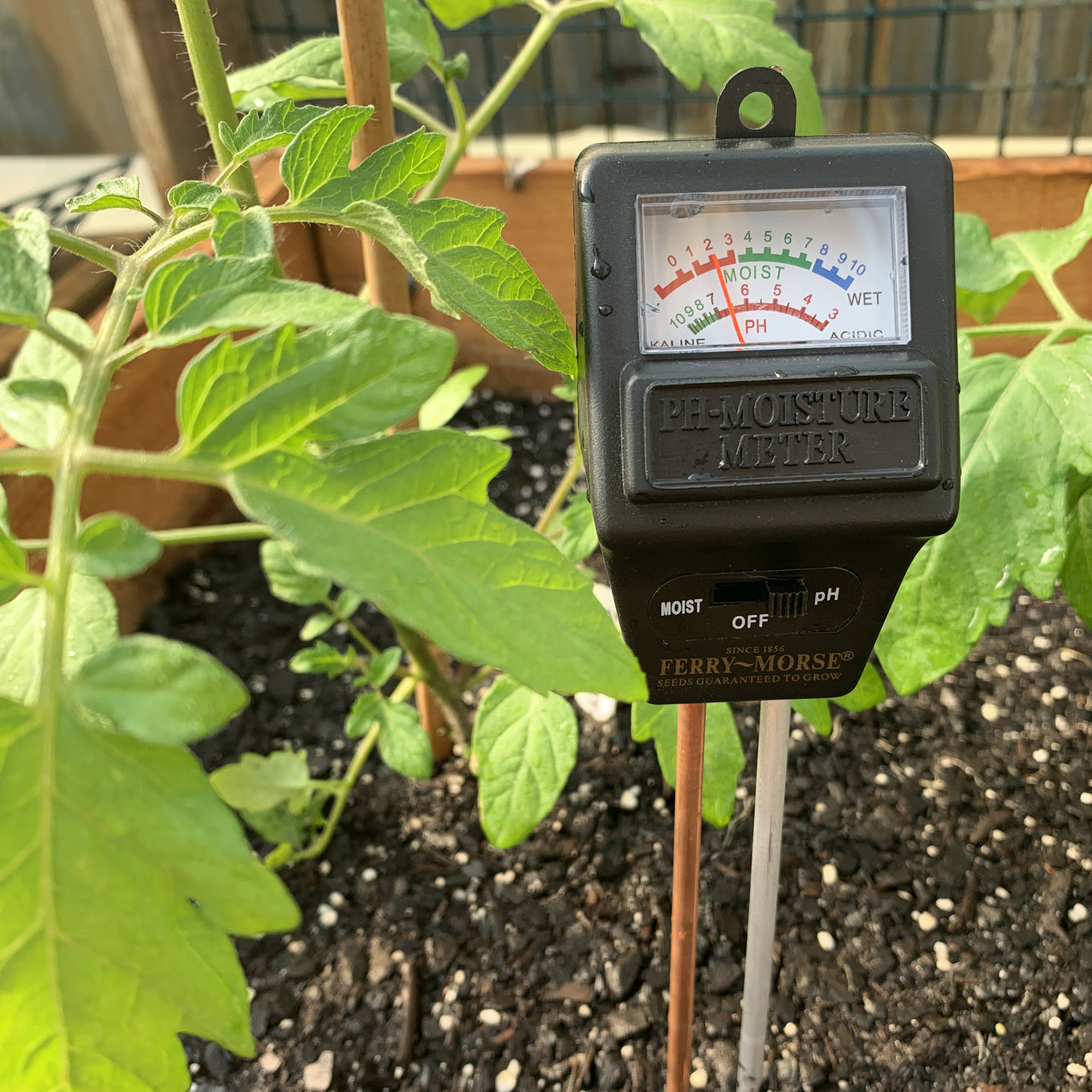Understanding the Different Types of Moisture Meters and Their Applications
Understanding the Different Types of Moisture Meters and Their Applications
Blog Article
The Ultimate Guide to Moisture Meters: A Comprehensive Review and Exactly How They Can Conserve You Money
In the realm of building upkeep, construction, and different industries, the relevance of precisely gauging wetness degrees can not be overstated. Wetness meters function as crucial devices in finding and checking moisture material in materials, helping in preventing pricey damages and guaranteeing the high quality of products. Recognizing the nuances of different types of wetness meters, their applications, and the prospective cost-saving benefits they use can be a game-changer for specialists and companies alike. Finding how these gadgets can not only improve processes however additionally add to economic cost savings is a trip worth embarking on.
Sorts Of Moisture Meters
Various sorts of moisture meters are available for various applications in numerous markets. One common kind is the pin-type dampness meter, which gauges the electric resistance between two pins placed into a material. This kind is ideal for wood, drywall, and various other building materials. Pinless dampness meters, on the various other hand, usage electro-magnetic sensor plates to scan a bigger area without causing damages to the material's surface area. These meters are perfect for promptly evaluating moisture levels in huge areas such as wall surfaces and floorings.
Additionally, there are likewise specialty wetness meters developed for specific products like dirt, hay, or grain. These meters supply precise moisture readings tailored to the distinct residential or commercial properties of the material being tested. Infrared moisture meters determine the thermal properties of a product to determine its dampness content non-invasively, making them useful for applications where pin or pinless meters may not be ideal. Understanding the different kinds of dampness meters readily available can help sectors choose the most appropriate tool for their particular dampness measurement requirements.

Benefits of Making Use Of Moisture Meters

Furthermore, making use of wetness meters can lead to boosted power performance. In farming setups, wetness meters play a crucial duty in enhancing plant returns by allowing farmers to keep an eye on soil moisture degrees and make notified watering decisions.
Exactly How to Choose the Right Moisture Meter
Choosing the proper dampness meter involves thinking about vital aspects such as material compatibility, dimension array, and calibration accuracy. When picking a wetness meter, it's necessary to make certain that the meter appropriates for the specific material you will be screening. Various materials have differing electric buildings that can influence moisture readings, so selecting a meter designed for your material is essential for accurate results. Furthermore, think about the measurement series of the moisture meter. Make sure that the meter can spot moisture degrees within check it out the variety required for your applications. Calibration accuracy is an additional critical aspect to maintain in mind (Moisture Meter). Select a dampness meter with dependable calibration to guarantee regular and specific analyses. Some meters might call for regular calibration changes, so comprehending the calibration process is vital. By very carefully evaluating these aspects, you can select a moisture meter that satisfies your needs and supplies accurate wetness dimensions for your projects.
Correct Techniques for Moisture Meter Use
To ensure exact moisture readings and maximize the effectiveness of a moisture meter, employing proper methods is vital. When utilizing a pin-type moisture meter, put the pins or probes right into the product being tested until they make full contact. By adhering to these proper strategies, users can depend on their wetness meter to offer reliable dampness levels, helping in protecting against expensive damages or guaranteeing top quality in various applications.

Cost Cost Savings Through Moisture Meter Applications
Just how can the tactical utilization of wetness meters bring about significant cost financial savings throughout numerous industries? Dampness meters play an important function in price savings by avoiding possible damages and guaranteeing quality control in different markets. In the farming market, dampness meters aid in determining the optimum time for harvesting plants, avoiding over-drying or excess moisture that can affect the last item's high quality. This specific tracking assists farmers prevent unnecessary losses and maximize their yield.

Furthermore, in the food handling industry, wetness meters are crucial for checking product quality and guaranteeing compliance with safety and security policies. By accurately gauging dampness material in food, manufacturers can prevent spoilage, keep quality, and minimize waste, leading to significant expense financial savings. Overall, the strategic application of dampness meters is a useful financial investment that can cause substantial cost decreases and improved effectiveness throughout different sectors.
Conclusion
To conclude, moisture meters are valuable devices for detecting and gauging dampness degrees in various products. By her latest blog utilizing the right dampness meter and complying with proper methods, customers can effectively prevent costly problems triggered by excess wetness. Investing in a quality dampness meter can bring about considerable expense financial savings in the lengthy run by recognizing potential problems at an early stage and making it possible for punctual remediation. Eventually, wetness meters are crucial tools for keeping the integrity and durability of materials and frameworks.
Wetness meters serve as important devices in detecting and monitoring moisture content in products, helping in protecting against pricey problems and making sure the top quality of products. Infrared wetness meters measure the thermal properties of a product to determine its moisture web content non-invasively, making them beneficial for applications where pin or pinless meters might not be appropriate.Wetness meters offer invaluable advantages in properly keeping an eye on and analyzing moisture levels in varied materials and settings. In agricultural settings, dampness meters play a vital role in maximizing plant returns by allowing farmers to keep track of soil moisture degrees and make informed watering choices.In conclusion, dampness meters are beneficial tools why not try these out for finding and measuring moisture levels in different materials.
Report this page